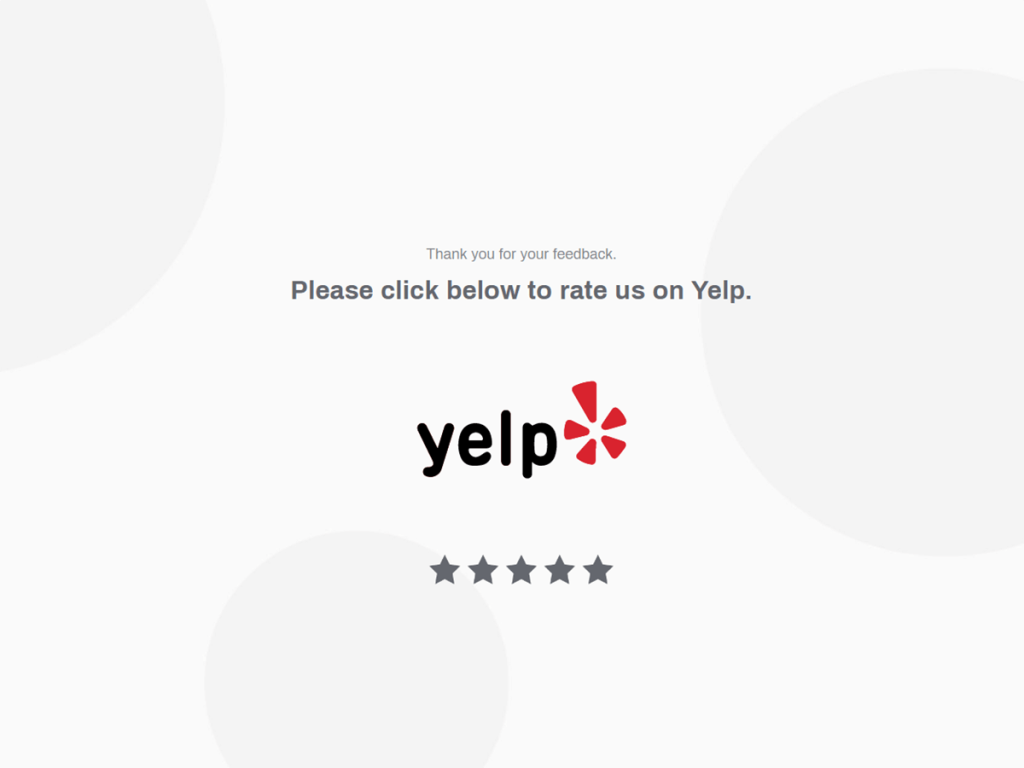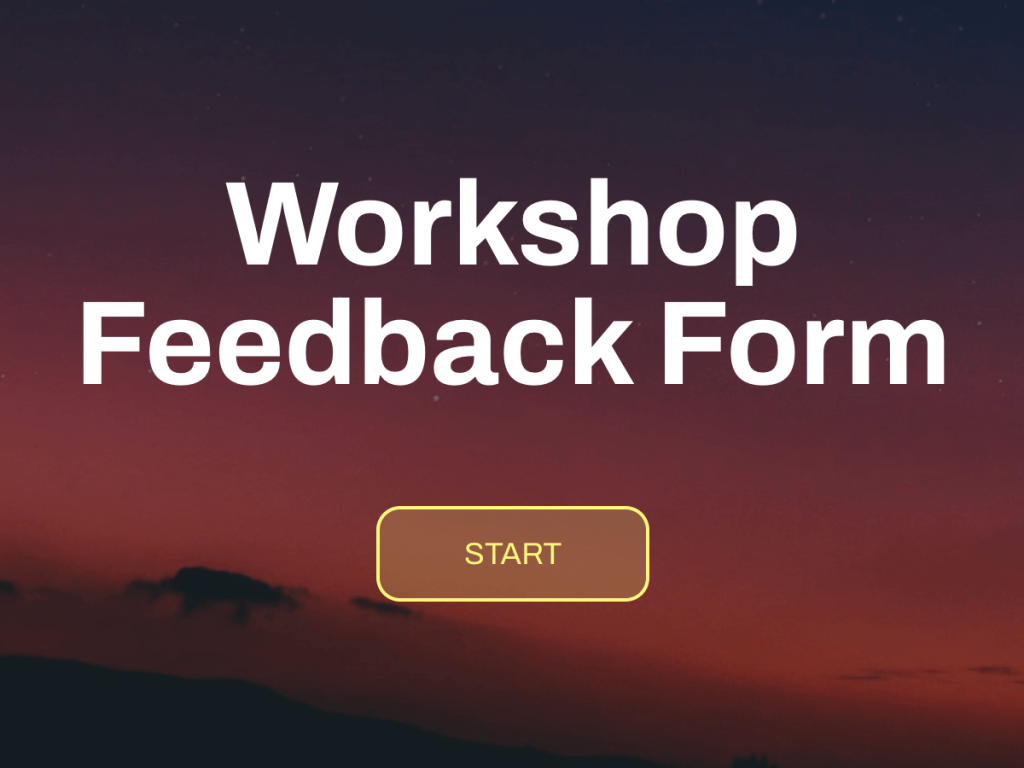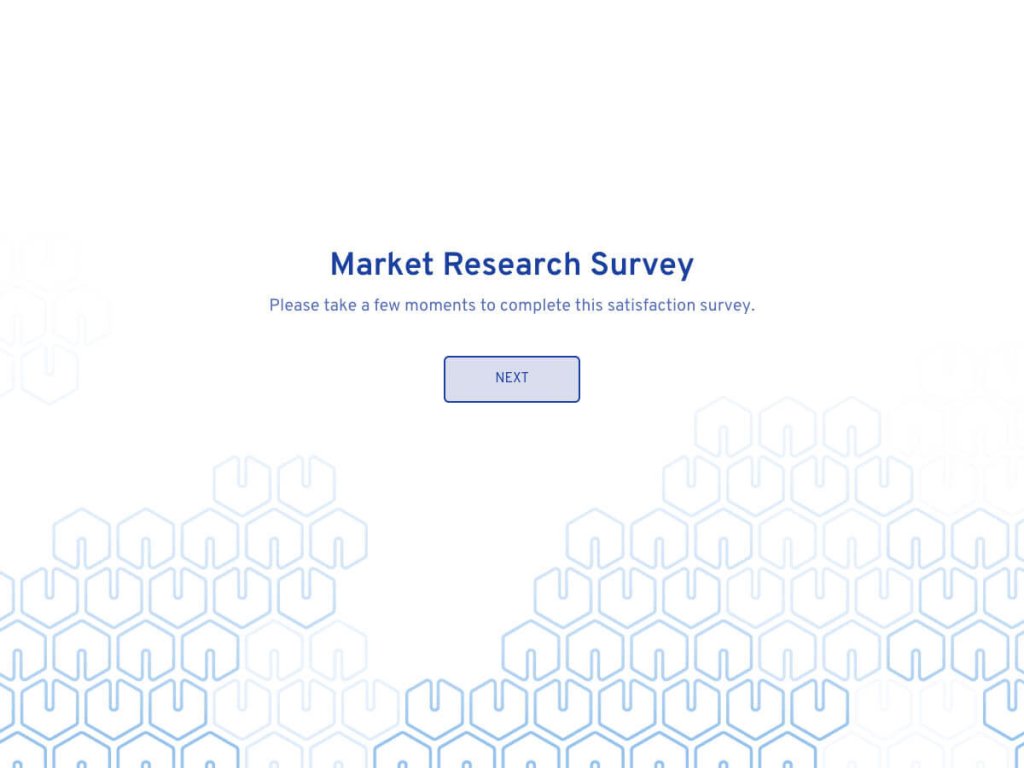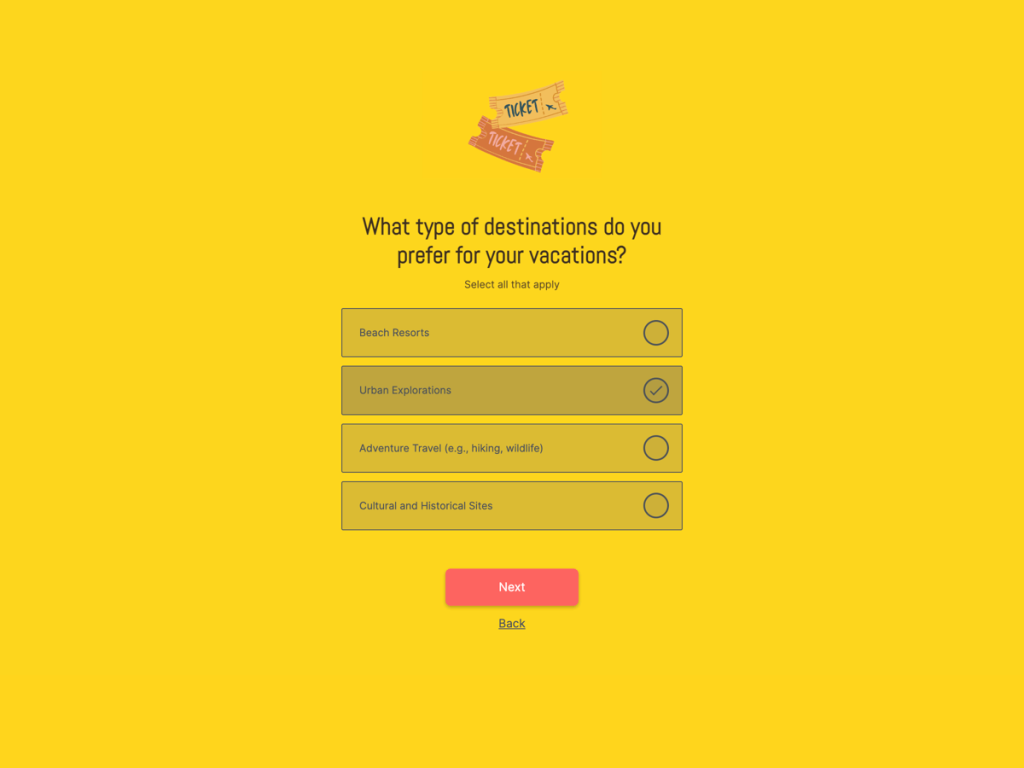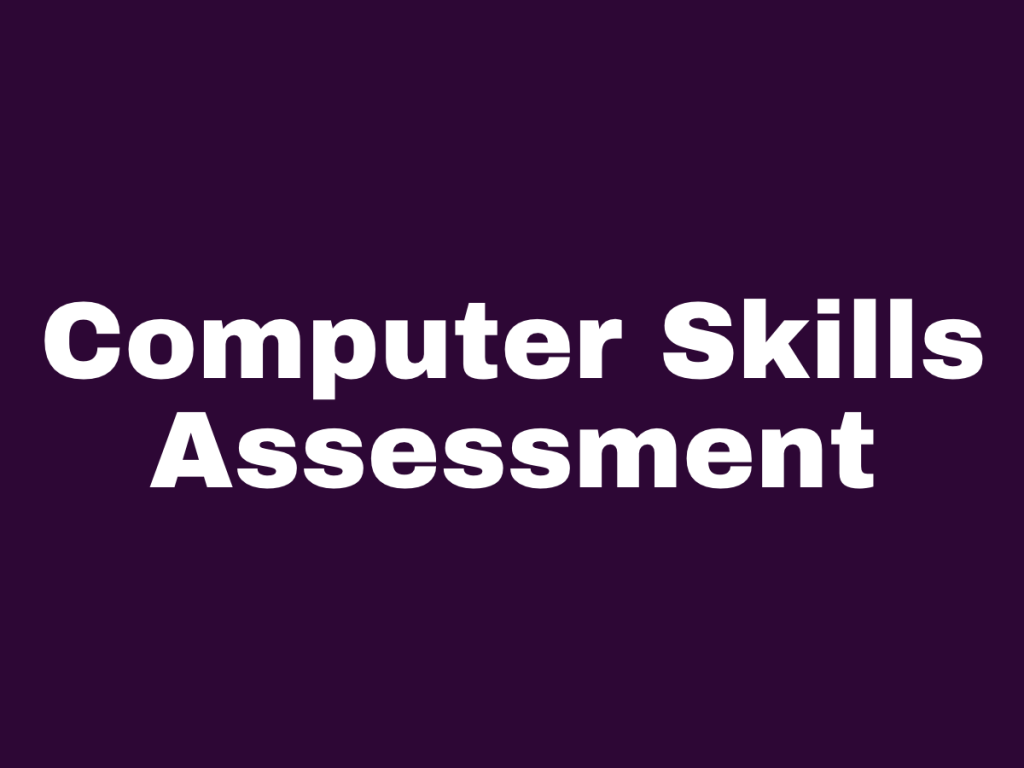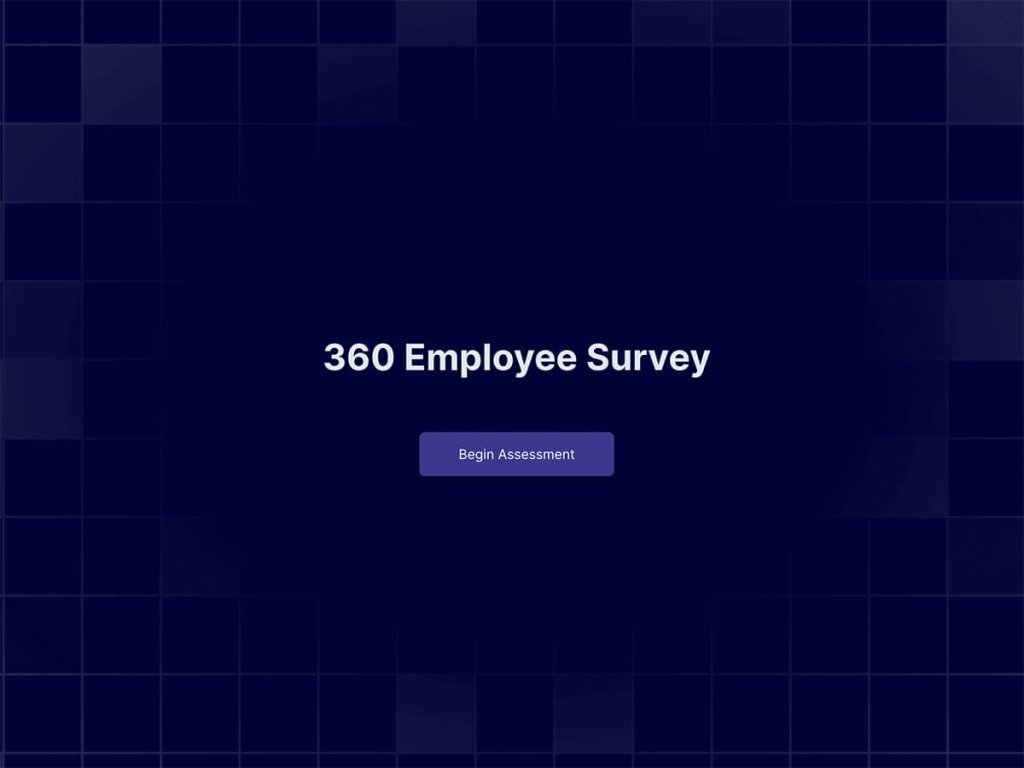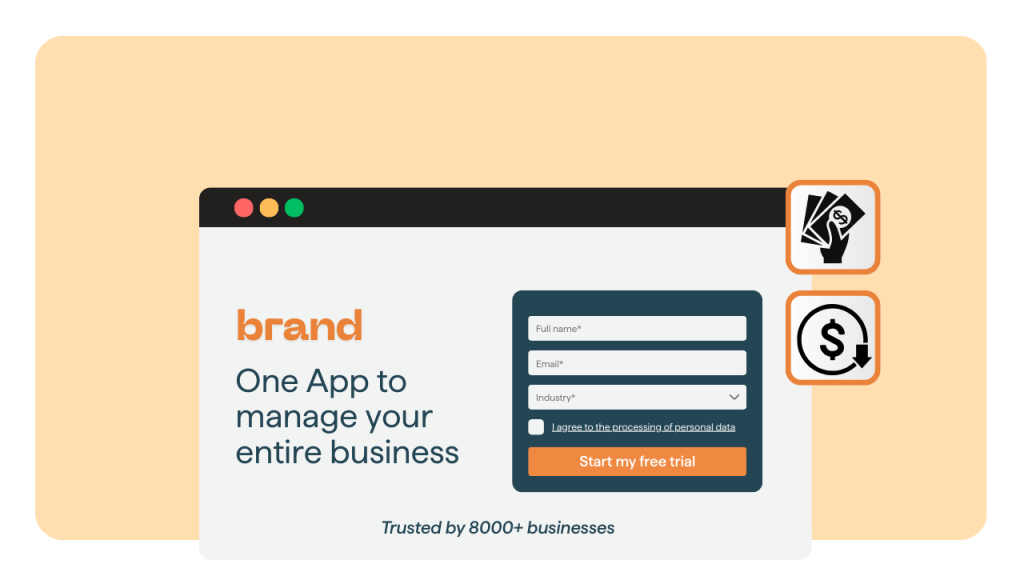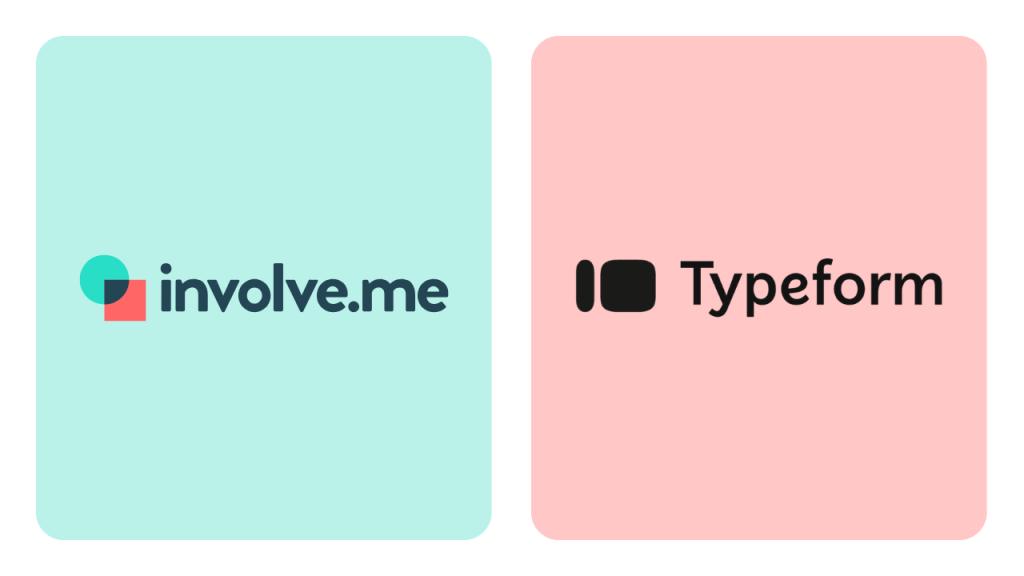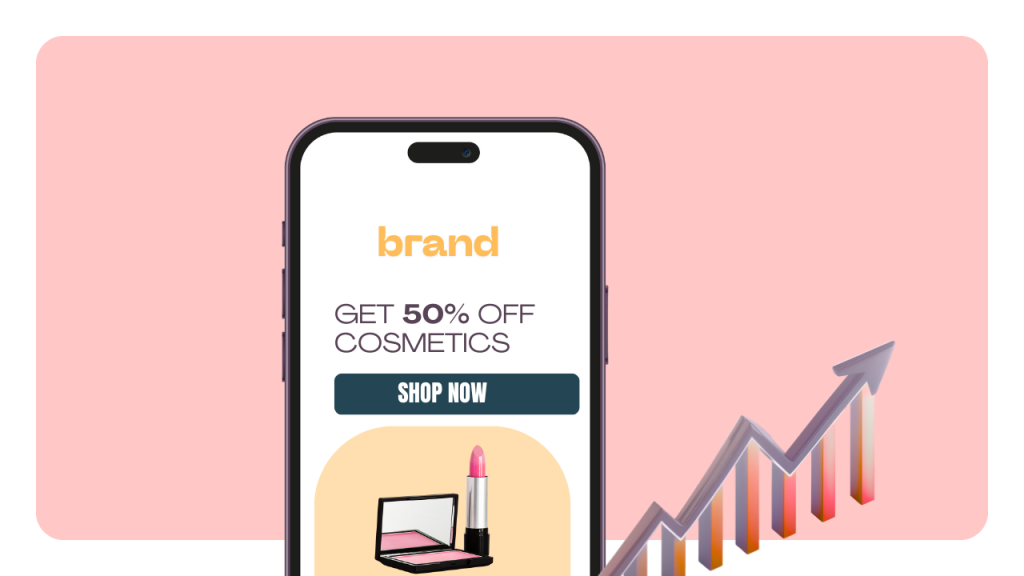A stellar pitch is pivotal to winning a B2B sales deal.
However, there are a few more crucial aspects you need to take into account while pitching.
First, you should understand the prospect’s business inside out. 84% of B2B buyers buy from a firm that demonstrates an understanding of their business goals.
Next, it’s important to know how to navigate business conversations while addressing prospective customer queries, concerns, and challenges.
Regardless of how powerful your B2B sales pitch is, you are bound to lose the deal if you can’t answer tough customer questions convincingly.
In this post, we will share crucial tips on effectively responding to such questions during a B2B sales pitch.
Let’s get started!
Question #1: What’s Your Value Offering?
Scenario: Your product is technical, and the client isn’t tech-savvy.
Solution: This could be a tricky situation, especially when you are offering a SaaS product.
Here’s what you can do.
Use an Easy-to-Understand Language: Communicate your value proposition in simple terms. Be specific and explain the benefits your product can bring to their table. Make sure you avoid sharing too many technical details.
Give Examples with Visual Aids: Share real-world examples demonstrating your product’s value. Use compelling visuals supporting the sales pitch.
Focus on explaining how your product can make their work-life better. For example, you can create a form like this one below to help your prospects find the answers before or after the meeting with you:
Be Consistent: Leverage omnichannel marketing tactics to take your B2B sales pitch to the next level. Gather details from customer interactions across various channels beforehand.
This initiative can help frame your pitch around customers’ specific pain points while ensuring it aligns with the brand messages. What’s more, this can strongly reinforce your value proposition.
Go the Extra Mile: Ask your technical team to present a live demonstration highlighting the product’s user-friendly features. This can help the prospect understand your product, thus easing their decision-making.
Question #2: What Product Limitations Should I Be Aware Of?
Scenario: The prospect isn’t convinced, yet.
Solution: Such questions can pop up irrespective of how well you explain your product’s benefits and features. However, making false claims like there are no shortcomings in your product can get you off your game.
In fact, reports state that 88% of B2B customers will only buy if they find the sales rep a trusted advisor.
Here’s what you can do to tackle such hostile situations.
Take a Rational Approach: Maintain your composure and acknowledge the product’s shortcomings. This can build a solid foundation of trust between you and the prospective customers.
Suggest Actionable Steps: Offer guidance on how customers can mitigate the limitations and achieve the best business outcomes.
Demonstrate how the product’s benefits can outweigh the cons.
Reveal Your Product Improvement Plan: Be honest and offer insights into how your team is working on introducing advanced features to tackle product limitations.
This can keep the conversation positive while establishing your brand values.
Question #3: How Much ROI Should I Expect After Deploying Your Product?
Scenario: The customer is skeptical about making the buying decision.
Solution: The best way to answer this B2B sales question is to prove the ROI of your product. However, it’s easier said than done.
Here are a few crucial tips to consider.
Share Case Studies and Testimonials: Provide case studies and testimonials of clients achieving a significant, measurable ROI. Ensure the content articulates how your product’s features proved a game changer for the client without being too promotional.
Present Research Data: Showcase genuine findings that tie to your product’s benefits.
Offer a Free Trial Period: This allows prospective customers to check the impact of your product on their key metrics and ROI. The result? High chances of conversion!
Provide References: Share contact details of your existing B2B customers with prospects. This allows them to clear their queries and understand the practical application of the product. On the other hand, this can boost your brand’s credibility.
Question #4 How Can I Be Assured About Data Security While Using Your Platform?
Scenario: Considering the increasing data misuse and cybersecurity issues, the customer wants to ensure your product offers complete data security.
Solution: This is a genuine concern. No business can tolerate its data getting compromised.
Here are a few vital aspects you can share to assure prospects about data security.
Compliance with Industry Standards: Communicate the industry-leading security standards your platform complies with.
Security Audits Information: Share the frequency of security audits your company does to ensure complete data security.
Be transparent about the security infrastructure, including intrusion detection systems and network security measures you take to safeguard clients’ data.
Data Recovery and Backup Mechanism: Convey these details to help prospective customers understand how well-prepared you are to address potential security issues. Highlight incidents where you prevented data loss and ensured business continuity for your clients.
Question #5: What Makes Your Product Better Than the Cheaper Options in the Market?
Scenario: The customer is skeptical about your pricing compared to competitors offering similar products at lesser prices.
Solution: This is the most common yet tricky question that prospects might ask. The answer to this question can make or break the deal.
Here are a few tips to justify your product pricing.
Be Confident: Welcome this question with a smile. Remember that the most powerful response to a complex B2B sales question isn’t solely the answer. The way you explain things matters a lot. So, make sure you keep a confident demeanor.
Emphasize Your Product’s Value and Quality: Uncover the unique features that differentiate your product from competitors.
For instance, compare vital aspects, such as product performance, implementation, maintenance, etc. Be upfront about how making a slightly higher investment initially can bring endless benefits in the long term.
Customization and Scalability: Highlight your product’s customization capabilities. Explain how it can help meet the growing needs of the customers.
Ensure Relentless Customer Support: Unveil how your team ensures customer support during and post-implementation.
Prove how this initiative can reduce additional investments and business risks and improve outcomes in the long term.
Showcase Brand’s Credibility: Demonstrate how your product can adapt to evolving technologies and trends. Besides, leverage clients’ positive reviews and expert quotes to highlight the ROI your product offers compared to competitors.
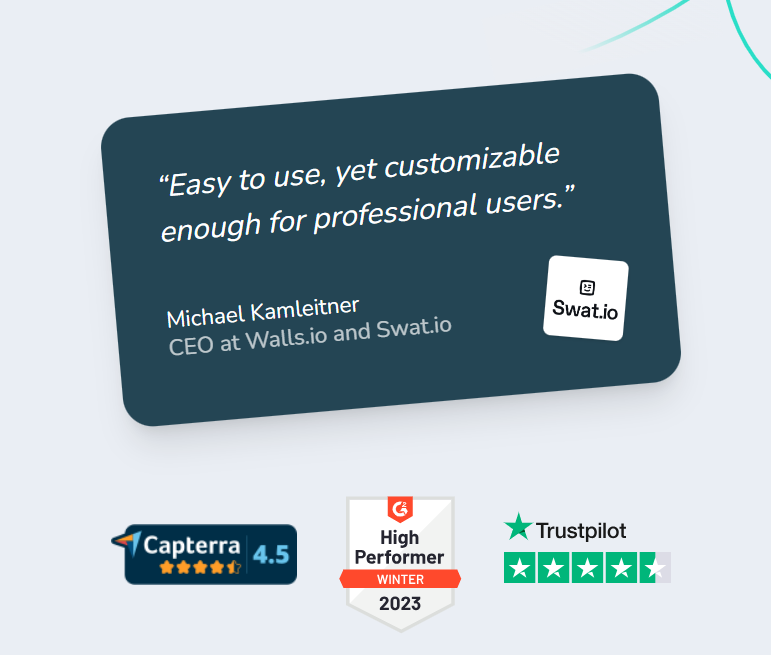
Pro Tip: Ask for prospect feedback once the meeting gets over.
The reason? This step can help you gauge what went right and wrong during the presentation. Leveraging the feedback can help you improve your skills and close sales faster next time.
The best way to do this is to create a feedback survey.
Count on involve.me’s online survey maker to create stunning and interactive surveys within minutes. The code-free platform provides an array of survey templates to help you engage prospective customers.
Create Branded Surveys
Start with a template
Yelp Review Funnel Template
Workshop Feedback Form Template
Market Research Survey Template
Travel Giveaway Survey Template
Computer Skills Assessment Template
360 Employee Survey Template
Use involve.me's intuitive drag-and-drop editor to customize your surveys. For instance, you can add your company’s logo, color, and more, aligning with your brand’s style combined with valuable questions like -
Did the B2B sales pitch address your concerns, needs, and challenges?
Did you understand our product’s unique value proposition, benefits, and features?
How would you rate the overall presentation on a scale of 1 to 10 (0-4 poor, 5-7 satisfactory, 8-10 excellent)?
Were we able to successfully demonstrate the ROI of our product?
Do you have any suggestions for us?
Wrapping Up
An effective B2B sales pitch paired with your ability to tackle tough sales questions can set you apart from competitors.
So, ensure you understand the prospects’ needs and concerns and have the right resources.
Follow the tips shared in this post to turbocharge your B2B sales pitching strategy. This can boost your confidence while helping you sail through tricky situations hassle-free.
All the best!
Author
Steven Macdonald is a digital marketer based in Tallinn, Estonia. In the last ten years, he's helped e-commerce and B2B SaaS brands generate more than $100 million in new revenue through SEO, content, and conversion optimization.

